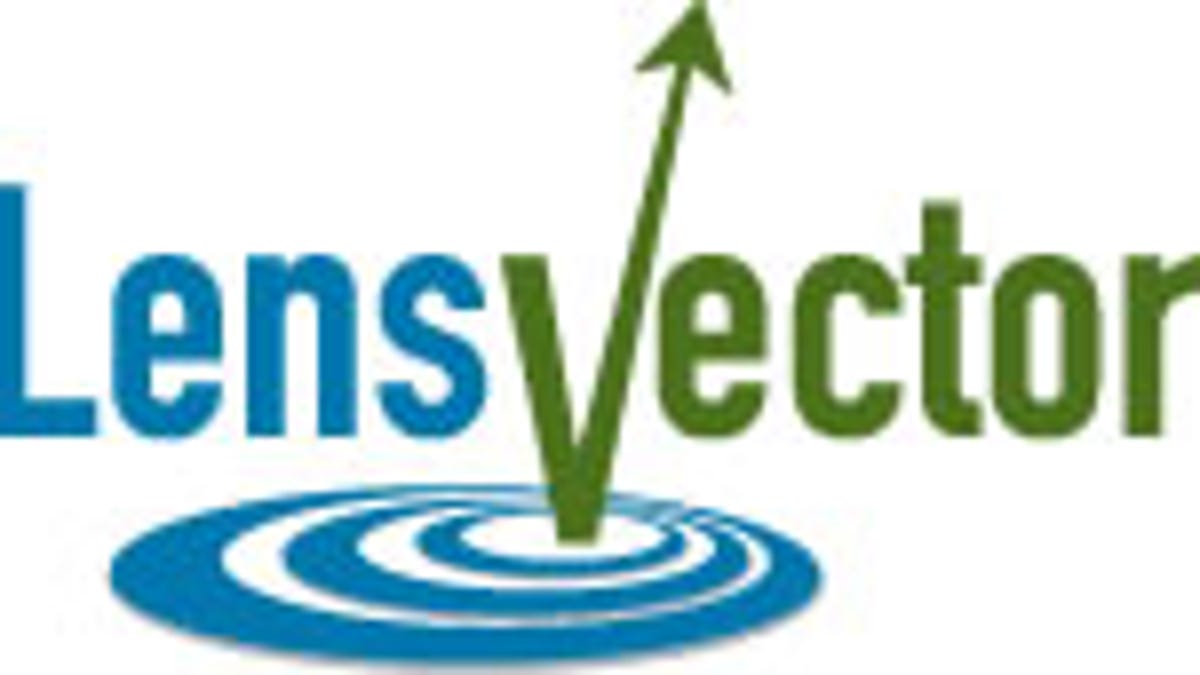Optics start-up LensVector raises $30 million
After a third funding round, the Silicon Valley company plans to increase manufacturing for camera technology that requires no moving parts.

LensVector, a start-up in Mountain View, Calif., that hopes its optical components using solid-state electronics will replace moving parts in consumer camera technology, said Thursday that it's raised $30 million in a third round of funding.
Institutional Venture Partners led the funding round, joining existing investors Menlo Ventures, Samsung, Silicon Valley Bank, Mitsui, and Kodak. IVP general partner Norm Fogelsong has joined the LensVector board, the company said.
"This financing will allow us to scale our manufacturing capacity and better serve this growing demand from our customers," Chief Executive Derek Proudian said in a statement. LensVector now has raised a total of more than $50 million.
The company's optical technology can steer and focus light without mechanical moving parts common in today's optical lenses for tasks such as autofocus. LensVector promises simplicity and durability with its technology. It's aiming for a place inside cameras in devices including mobile phones, laptops, small video cameras, and bar code scanners.
Specifically, LensVector's approach uses varying voltage across a transparent element to shift the refractive index by differing amounts across the element. That in turn changes the path the light takes as it travels through the element.
The technology can focus light from a range spanning 10cm to infinity, the company said.

